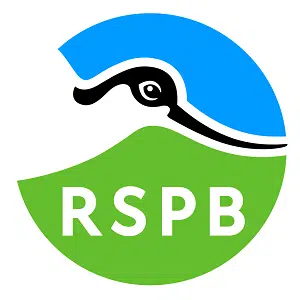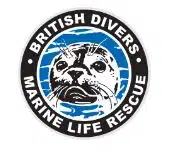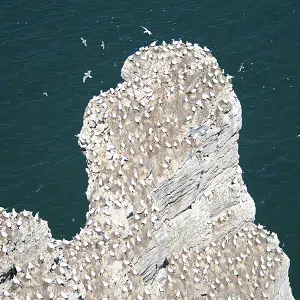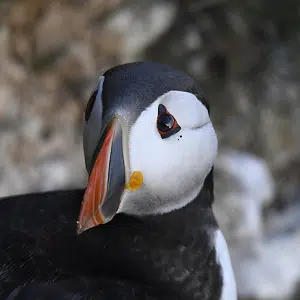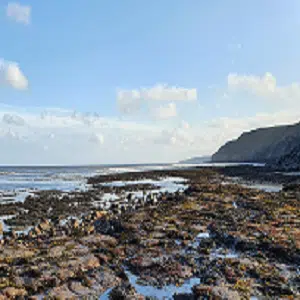There are many local, regional and national procedures in place for cleaning up a pollution incident at the coast and reducing the risk to the public. This is the only plan that focusses on responding to wildlife in such incidents, particularly the UK’s largest mainland seabird breeding colony around the Flamborough and Filey coastline. Working collaboratively and with a bank of trained volunteers, the EIWR Plan helps us to coordinate our efforts and focus resources where they are needed most.
How does it work?
The EIWR Plan is coordinated by the YMNP, who leads the Wildlife Response Management Group. Members of this group include the RSPCA, Yorkshire Wildlife Trust, RSPB, British Divers Marine Life Rescue and Scarborough Sea Life Centre. Together, members of this group decide whether the EIWR Plan should be initiated to respond to a reported incident (either man-made or natural).
The Plan centres around a bank of trained volunteers who support the member organisations in their response. Volunteer roles vary from beach surveyors to stock controllers and administration, but every role is vital to the smooth operation of a response. Regular training allows everyone involved to practice what to do in the event of an emergency.
What happens next?
If the EIWR Plan is initiated, Beach Head Collection Points (BHCP) will be established at strategic locations. Trained volunteers from our partner organisations will be asked to attend the BHCP, collect any necessary equipment and begin surveying the shoreline in small groups. If the RSPCA recovers live seabirds from the shore, the BHCPs will also be used as triage centres before wildlife is moved on to other recovery facilities. The RSPCA will work with British Divers Marine Life Rescue and Scarborough Sea Life Centre to respond to any marine mammals affected by the incident.
During this time, the Wildlife Response Management Group will liaise with local authorities and other regulators to share information, resources and local knowledge. Depending on the severity of the situation, this phase of the Plan could continue for some time.
The Wildlife Response Management Group will make a decision to ‘stand down’ the EIWR response. This will be triggered if the situation becomes dangerous for volunteers and staff, if resources are depleted, or, if the incident has been resolved.
Preparation and Training
Every response will be different and we hope that the EIWR Plan will never have to be used in a ‘real’ situation. However, we need to be ready to respond if the worst happens. We conduct annual training to ensure that our volunteers and staff have an opportunity to practice their roles in an emergency response. This also allows us to make amendments to the Plan and apply lessons learnt during training.
The health & safety of those involved in the EIWR Plan is paramount. In some instances, we may make the decision not to respond to an incident, where specialist equipment is required or the risk to volunteers is too great.
How can I get involved?
To become an EIWR volunteer, you first need to be a registered volunteer with one of our partner organisations – RSPB, Yorkshire Wildlife Trust, BDMLR, RSPCA or Scarborough Sea Life. This means that we can be sure you’re covered under the necessary insurance and risk assessments.
As a volunteer with one of our partners, you’ll be able to speak to your supervisor about joining the EIWR volunteer register. You can then be added to the mailing list and invited for training. Volunteers are expected to complete an initial training session before they can be accepted on to the register.
To learn more, read the Plan or take a look at the volunteer resources.
If you’re interested in finding out more about volunteering, please contact one of our partner organisations by clicking on the links below:
Find out more…

